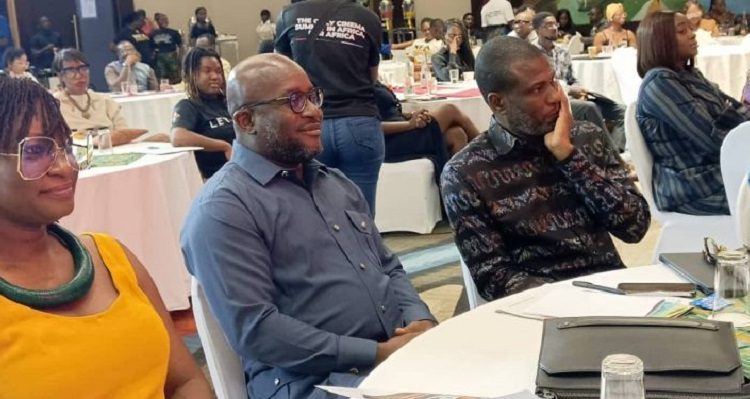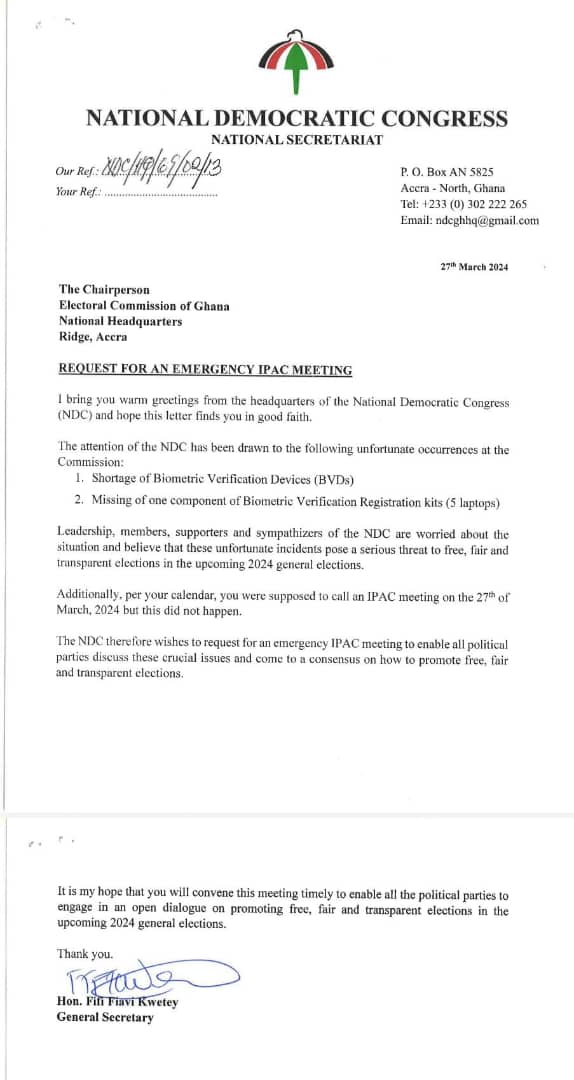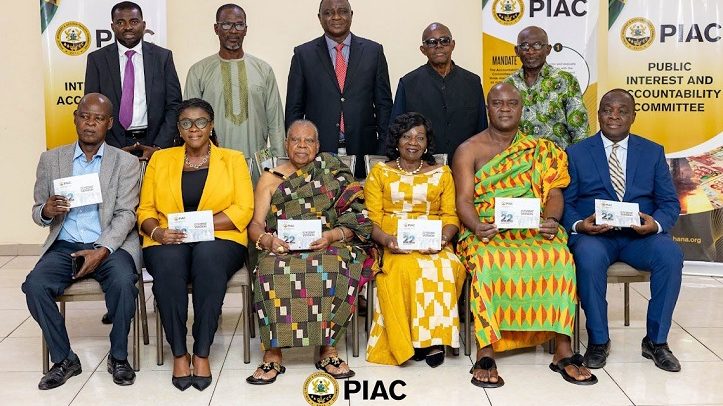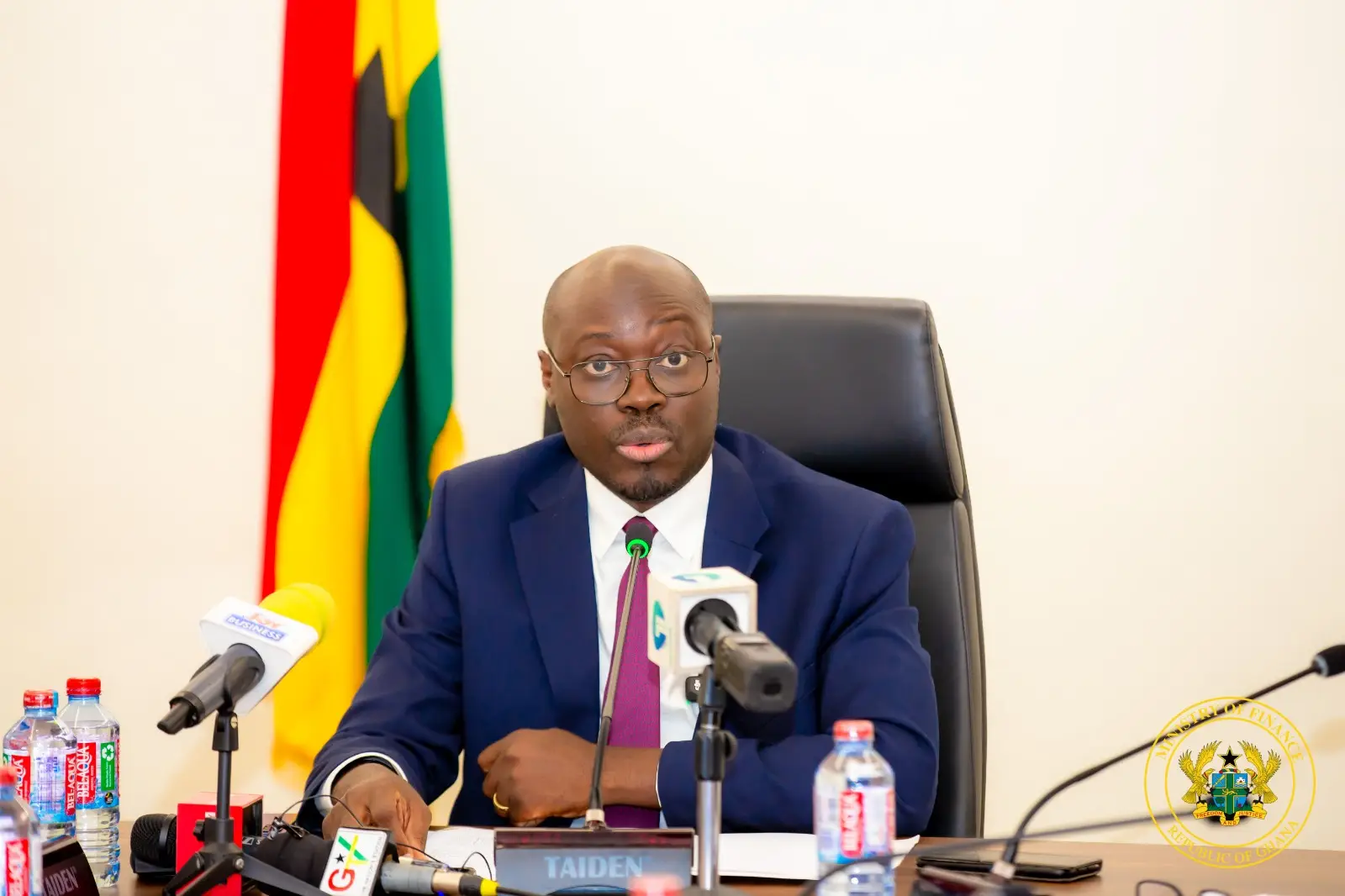

 Africa has infrastructure investment needs between $130-$170 billion per year. But so far, only about $80 billion of that bill is met.
Africa has infrastructure investment needs between $130-$170 billion per year. But so far, only about $80 billion of that bill is met.
However, if the full amount required is met, there will be investments in infrastructure development that would bridge the gaps to bolster economic growth, create jobs and stir regional integration.
Investments in roads, rail, air transport, dams, ports and associated development are key factors for spurring economic growth due to interconnectivity and trade.
The Luanda Financing Summit on Africa’s Infrastructure Development to be held in the Angolan capital October 28 to 31, 2025 anchors on the African Union’s Agenda 2063 (Aspiration 2), which calls for world-class infrastructure that connects the entire continent by road, rail, air, power networks, and digital links, underscoring infrastructure as a foundation for inclusive and sustainable development. According to the organisers, the meeting is in line with this vision, and the Second Ten Year Implementation Plan of Agenda 2063 (STYIP) adopted in February 2024.
This meeting, the organisers say, builds on the successes and lessons learned from the two prior Summits, aiming to accelerate investment mobilization for Africa’s infrastructure and industrialization priorities while aligning with continental frameworks like the Programme for Infrastructure Development in Africa (PIDA), and Angola’s role as host is significant. The country has made infrastructure development a pillar of its growth and diversification strategy, investing in transport corridors, energy projects, and digital connectivity. The capital Luanda as a regional hub provides an ideal venue to spotlight both national progress and cross-border initiatives such as the Lobito Corridor linking Angola with DRC and Zambia, which has already attracted over $6 billion in international investment, the Baynes Hydropower Project, a 600 MW joint hydroelectric venture between Angola and Namibia among others, noted the organisers.
To address these infrastructure issues, the AUDA-NEPAD, the African Union Development Agency was tasked with developing mechanisms for collaboration with partners, leading to the creation and adoption of the Service Delivery Mechanism (SDM) for project preparation and the Continental Business Network (CBN) to enhance PIDA projects’ bankability and private sector participation.
The Summit under the theme, Capital, Corridors, Trade: Investing in Infrastructure for the AfCFTA and Shared Prosperity will bring together government officials, the private sector, financial institutions and experts in finance and infrastructure development.
By Emmanuel K Dogbevi
The post Meeting Africa’s $170b infrastructure investment need: Luanda meeting continues conversation appeared first on Ghana Business News.
Read Full Story























Facebook
Twitter
Pinterest
Instagram
Google+
YouTube
LinkedIn
RSS